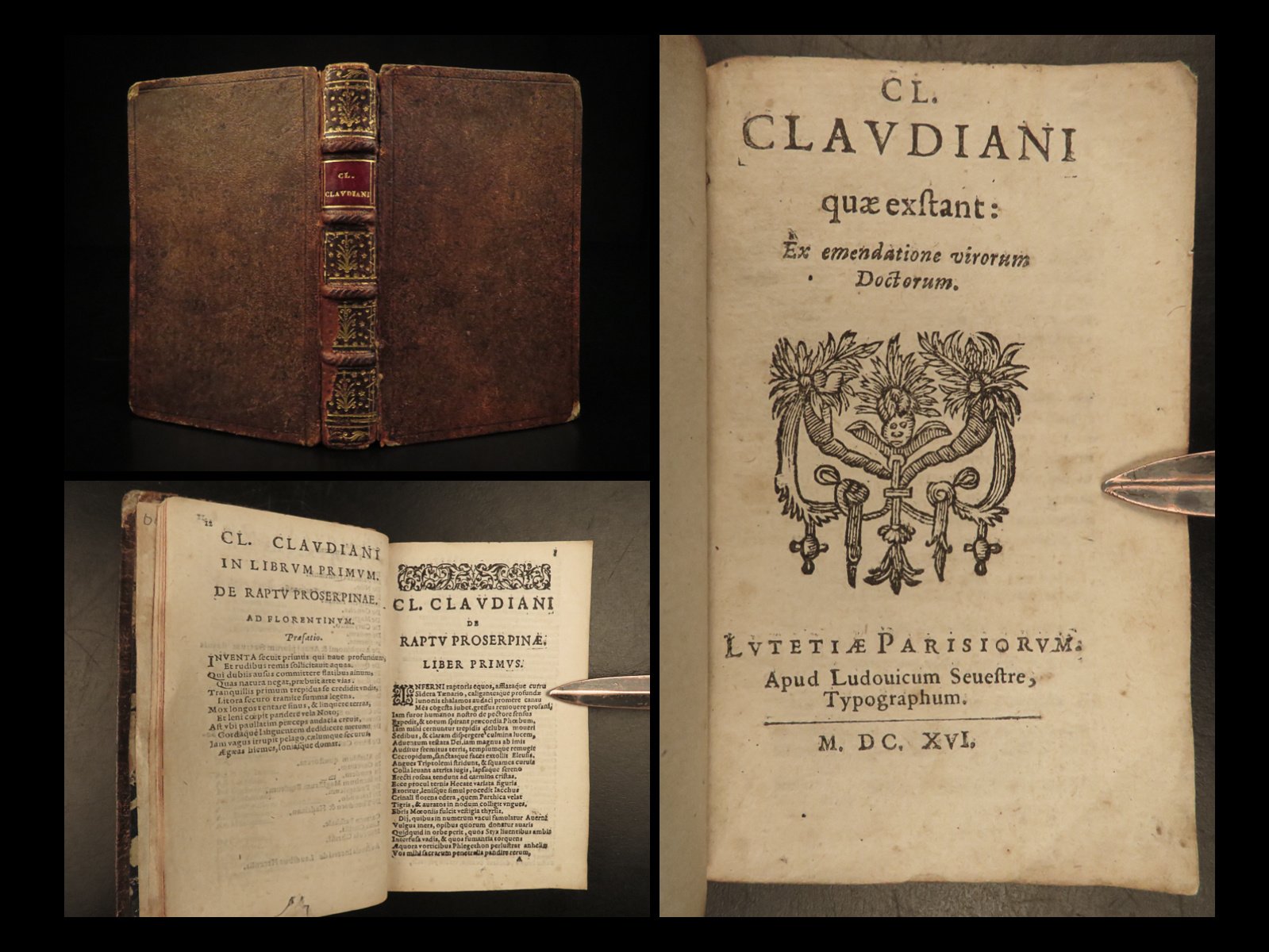This article was published in the Winter 2025 edition of our print Journal. To read for free online, please Subscribe. If you would like to receive future editions of the print Journal, become a Basic or Solidarity Member today.
Login to read more
Sign in or create a free account to access Subscriber-only content.
